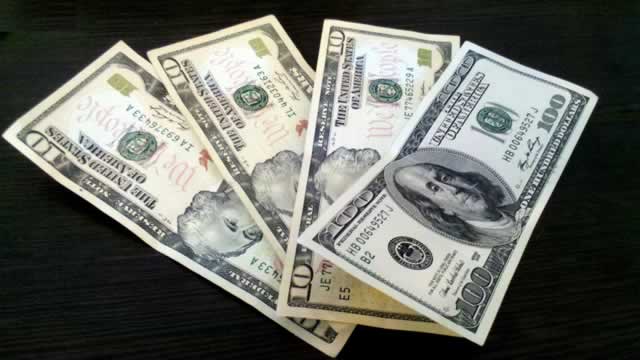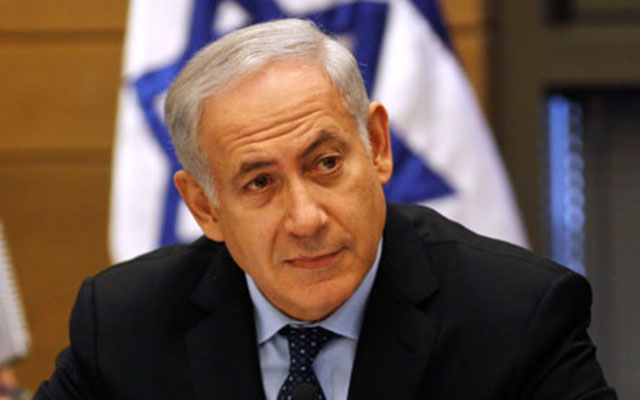Iran to ditch dollar over Trump’s ban

TEHRAN/WASHINGTON. – Iran says it is preparing to stop using the dollar in its official statements – a move that had been in the offing but appears to have been expedited after Washington included the country in a list of seven nations that are banned from entering the United States.
Valiollah Seif, the governor of the Central Bank of Iran, was quoted by domestic media as saying that Iran would either replace the US dollar with a new common foreign currency or use a basket of currencies in all official financial and foreign exchange reports.
Seif also said that the move would take effect from the start of the new fiscal year on March 21, 2017, the media reported.
Iran’s emerging switch to non-dollar currencies comes at a time that outrage is building up in the country over an executive order by US President Donald Trump to ban Iranians from entering the United States.
Apart from Iran, citizens of Iraq, Libya, Somalia, Sudan, Syria and Yemen have also been banned from entering the US for a period of 90 days.
The move drew an immediate reaction from Iran with the country’s Foreign Ministry pledging a response in kind.
Seif further emphasised that Iran should use a foreign currency in its official reports that would have a high degree of stability and would be more common in foreign trade.
He added that the US dollar has an insignificant share in Iran’s foreign exchanges and that the alternative to the dollar should be what would suit the country’s trade with its current key partners such as the European Union member states, China and the United Arab Emirates.
Iran has already signed agreements with several countries including Russia, Azerbaijan, Turkey and Iraq to ditch the dollar and use mutual currencies.
However, Seif emphasised that the agreements were yet to become effective given that the volume of trade with those countries was not at a level to warrant a switch to non-dollar currencies.
Bloomberg in an analysis said Iran’s decision to drop the dollar could prove to be complicated for the country given that its most important export is oil which is priced in dollars.
Iran, it said, is on course to earn $41 billion from oil sales this fiscal year. Switching its reporting to another currency will add a degree of currency risk and volatility, Bloomberg warned.
Iran’s leading economic newspaper Donya-ye Eqtesad, however, highlighted the fact that Iran was only using the dollar in official reporting and that the greenback had already been mostly replaced with other currencies in oil-related transactions over the past years given that sanctions did not allow the transfer of dollars to Iran.
Meanwhile, Trump yesterday said Iran was now formally “on notice” after a recent missile test, while also claiming the Islamic Republic was on the brink of collapse when it signed an international nuclear deal.
“Iran has been formally PUT ON NOTICE for firing a ballistic missile.Should have been thankful for the terrible deal the US made with them!” Trump tweeted, echoing similar comments by National Security Advisor Michael Flynn the day before.
But there has been scant detail from the White House as to what the warning actually means in practical terms. It remains to be seen if the White House will push for sanctions this time around.
Flynn insisted that Sunday’s missile test was “in defiance of UN Security Council Resolution 2231,” which calls on Iran not to test missiles capable of delivering nuclear weapon.
Iran’s ballistic missile programme has been a bone of contention with the West since the nuclear deal took effect in January last year.
Both Trump and Flynn have been harsh critics of Tehran and vocal opponents of the nuclear deal with world powers that saw Iran curb its nuclear program in return for sanctions relief.
“Iran was on its last legs and ready to collapse until the US came along and gave it a life-line in the form of the Iran Deal: $150 billion,” Trump said in a second pre-dawn tweet.
He was referring to an estimate of the value of sanctions relief that Iran obtained from the White House – then under president Barack Obama – in exchange for signing the deal. – Press TV/AFP









Comments